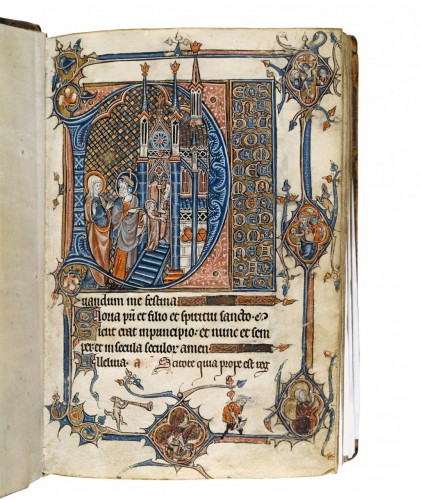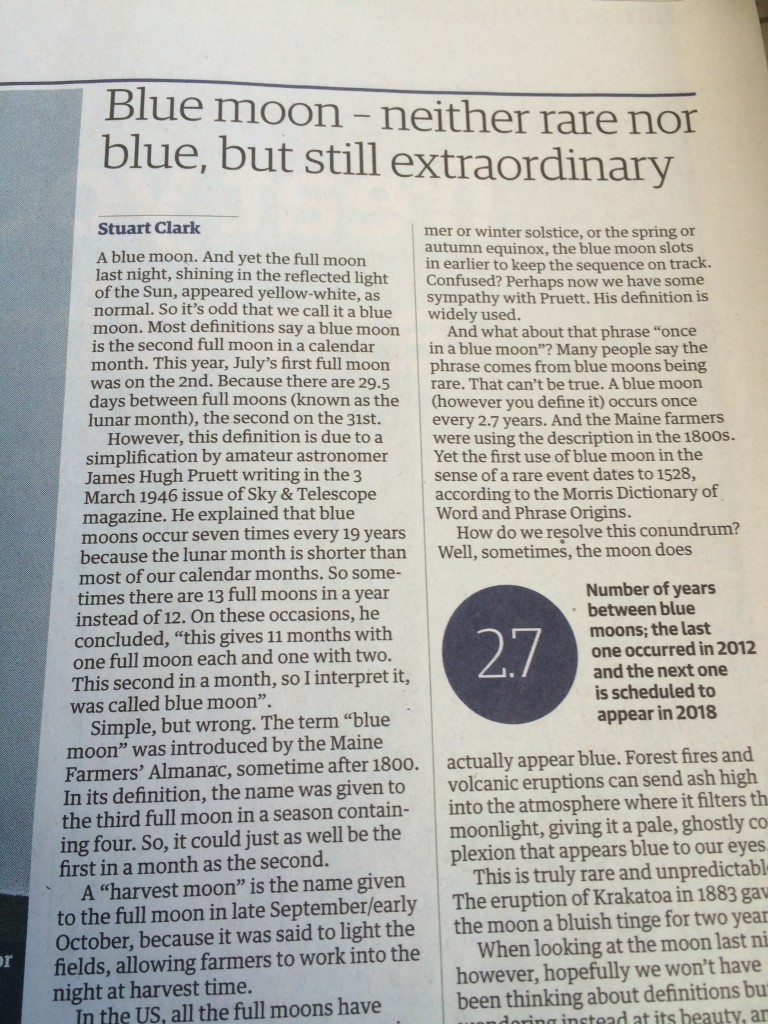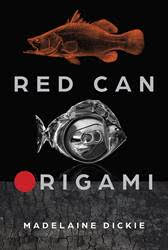Would you write: ‘the earth is round’ or ‘the Earth is round’? The rules governing capitalisation of words in sentences may seem straightforward, but, as writers, editors and proofreaders know, distinguishing between ‘proper’ and ‘common’ usage is often difficult, and style guides vary in their rules. As the featured image illustrates, medieval manuscript writers enlarged and decorated the first letter of the first word and called them a capitula. Today, in addition to the first letter of the first word in a sentence being enlarged (upper case), proper nouns and adjectives are capitalised—common nouns and adjectives remain in lower case. But can you distinguish between common and proper nouns and adjectives? Here are a few sentences that will help explain:
Many travellers to London aim to cruise down the Thames River to Hampton Court Palace.
Here we capitalise ‘London’, ‘Thames River’, and ‘Hampton Court Palace’ because they are proper nouns (they have a proper name), designating place names.
The expedition headed towards the west, away from the mouth of the river.
The west wind was gaining force across the river estuary.
A common noun or adjective, in contrast, designates a general type of person, place, or thing. Here, the words ‘west’ and ‘river’ are being used in a generic sense in each sentence: in the first, they are nouns; in the second, adjectives.
The Dungog Historical Society is due to merge with the historical society in the Newcastle community.
The Dungog Historical Society is the official name of the organisation, whereas ‘the historical society in the Newcastle community’ is just the generic sense used for future references. The former is correctly capitalised; the latter, lowercased. Formal names are quite different from nonspecific labels such as ‘the regional advisory committee’ and ‘the subcommittee’.
A local newspaper reported that a university in Melbourne has announced there will be a cut in funding, but we do not know if the article was referring to The University of Melbourne or Monash University.
In the first instance, ‘university’ is not capitalised because it is used as a common noun—that is, in its generic sense. The second two occurrences of the word however, are part of proper nouns and are appropriately capitalised.
Names, Titles & Occupations
The president will address Congress.
Pope Francis has returned to Rome.
Most Baroque popes practiced nepotism.
Chairman of the Board Alex Court will address the conference.
The chairman of the board, Alex Court, will speak at the conference.
Only capitalise a formal title when it is used as a direct address.
Thank you for seeing me so quickly, Doctor.
Capitalise relatives’ family names (kinship names) when they are used alone in place of a personal name.
I will take Mum to the airport.
However, in the following sentence, in which a possessive pronoun precedes the personal name, there is no capitalisation (the same rule applies when there is no reference to a specific person).
I took my mum to the concert.
Art Historical Periods
In specialist publications, sharply delimited period titles are capitalised such as:
Archaic, Baroque, Early and High Renaissance, Renaissance, Early Christian, Gothic, Greek Classicism (otherwise classicism), Imperial, Impressionism, Art Nouveau, Islamic, Mannerist, Neoclassicism of the late eighteenth century movement (otherwise neoclassicism), Post-Impressionism, Rococo, Roman, Romanesque, Surrealism.
Broad historical and cultural periods and terms (nouns and adjectives) are not. For example:
classicism, classical, antiquity, antique, medieval, neoclassicism, prehistoric, the colonial era.
Astronomy
The names of planets other than our own are invariably capitalised, but earth is more often than not lowercased, especially when preceded by the, or written in idioms such as ‘down to earth’. The Australian Wiley Style Guide explains (p.132) that the words earth, sun and moon are capitalised when they are being referred to in a planetary context:
The Sun is closer to Venus than to Earth.
But
The phases of the moon govern the planting cycle.
I found the following article in The Guardian (London) a few days ago. This section of the article reinforces these rules (note the capitalisation of ‘Sun’):
Note that the seasons are not capitalised:
The summer semester
The winter clearance sale
I love blossom in spring
When it comes to a decision as to whether a capital letter should be applied or not, universal formulas or logical explanations are often lacking—particularly with regard to their adjectival forms—which makes capitalisation a headache for many writers and proofreaders. The ‘rules’ I have mentioned are just the tip of the capitalisation iceberg. My advice is: if in doubt, don’t capitalise.
Reference:
For a more complete overview of the use of capital letters:
‘Style Manual for authors, editors and printers’, 6th edition, 2002 (reprinted 2010), revised by Snooks & Co., John Wiley & Sons Australia Ltd, pp. 118-135.
Featured image:
The Presentation of the Virgin, ‘The Aspremont Hours’, c.1290-1302, National Gallery of Victoria, Melbourne.





